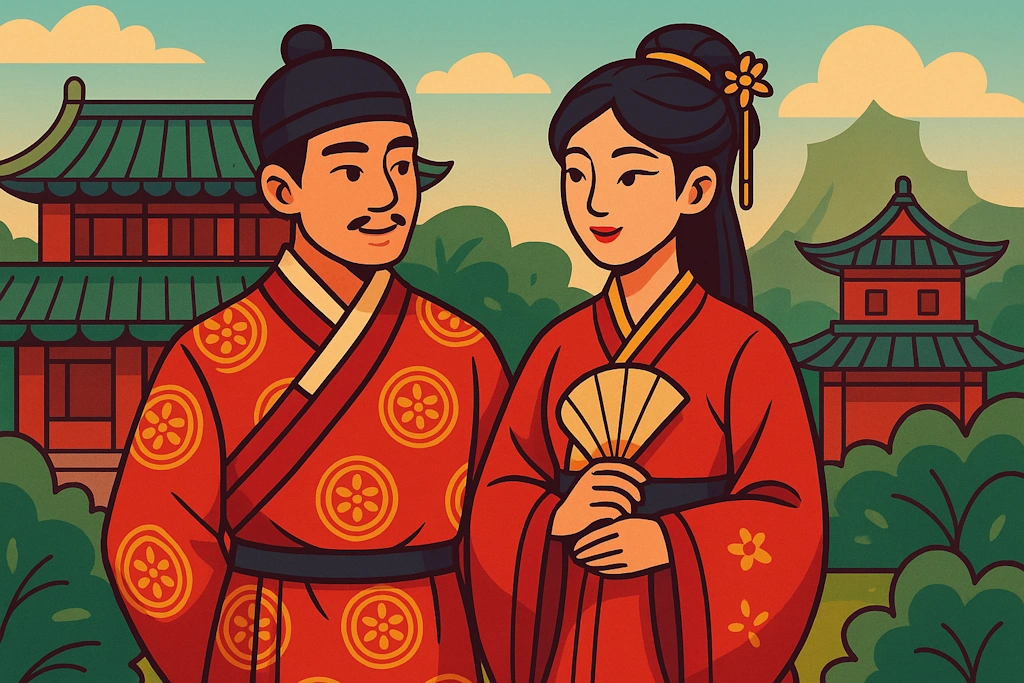🇨🇳Chinese Names(Existing Female)
Generate traditional and modern Chinese names with deep cultural meanings and historical significance.
Choose your style:

Chinese Names
Generate traditional and modern Chinese names with deep cultural meanings and historical significance.
Example Chinese Names
Get inspired by these sample results
- Li Wei Ming
- Chen Xiao Li
- Wang Yu Chen
- Zhang Mei Hua
- Liu Jia Hao
- Yang Xin Yi
- Zhao Ming Jun
- Wu Yu Ting

